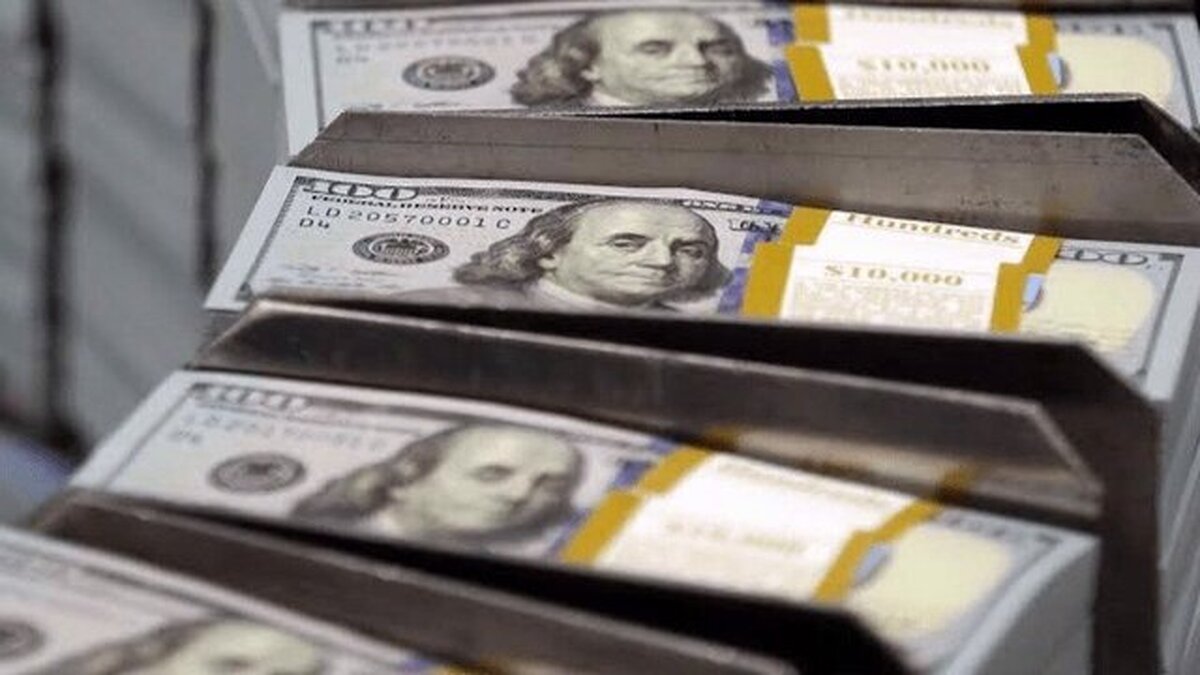
Economy in Recovery Mode
EghtesadOnline: The Central Bank of Iran says volatility in the currency market is ephemeral. In a press release published on its public relations website, it said “macroeconomic variables improved last year despite escalation in the US economic sanctions and outbreak of Covid-19.”
It attributed short-term volatility in the currency market to “change in expectations” vis-à-vis international developments that potentially impact the economy.
The CBI pointed to developments related to the Iran nuclear deal, known formally as Joint Comprehensive Plan of Action (JCPOA). The 2015 deal was abandoned by former US president Donald Trump in May 2018 that, among other things, unleashed a fresh wave of volatility in the local forex market sending rates to new highs.
Given the JCPOA’s critical economic implications and its impact on the rial, the currency market has responded to updates from negotiations about salvaging the deal and lifting of all the sanctions, which is a key Iranian demand.
“Sensitivity to reports about [restoring] the JCPOA notwithstanding, there [also] are fundamental economic factors that determine trends in the currency market,” the CBI said.
Elaborating on such dynamics, it referred to “factors that impact supply and demand for currency, such as import and export and international financial ties.”
Citing economic data, the CBI said business activity was improving and the economy was in recovery mode despite the detrimental impact of the pandemic and US sanctions.
Data released by the CBI suggest the economy expanded 3.6% in the last fiscal year that ended in March.
Economic growth, excluding oil export, expanded by 2.5%. The services sector was the main economic laggard with 0% growth, which according to the CBI, was fathomable given that the sector is highly vulnerable to the pandemic and the extended lockdowns.
Pointing to growth forecasts, the CBI expressed the hope that the economy would continue to grow in the present fiscal year.
Foreign Trade Improving
Referring to the inevitable impact of the balance of payments on the currency market, the regulator said import and export “almost balanced” in the first two months (March 21- May 21) in the current fiscal year, which sent a positive signal to the currency market.
A total of 16.9 million tons of non-oil goods worth $6.3 billion were exported in the two months, registering 47.8% compared to the same period last year . Imports reached 5.3 million tons worth $6.5 billion down 16.5% in volume but up 29.5% in value compared to the corresponding period last year.
“Improvement in import-export trade signals good prospects for boosting currency reserves with a positive impact on the forex market,” the CBI said.
Apart from the general improvement in economic variables, the CBI said the currency market would be favorable if the nuclear talks in Vienna culminate in reviving the deal.
“In sum, volatility in the currency market is transitory and it is expected that forex rates should stabilize in concord with positive economic developments,” the CBI analysis said.
Decline in foreign trade due to the pandemic and the US economic blockade led to the unprecedented crunch in the forex market last year.
Price of the dollar doubled in less than six months from May 2020 to mid-October reaching an all-time high of 323,000 rials. The greenback has declined more than 23% from the record high and traded near 250,000 rials on Sunday.


